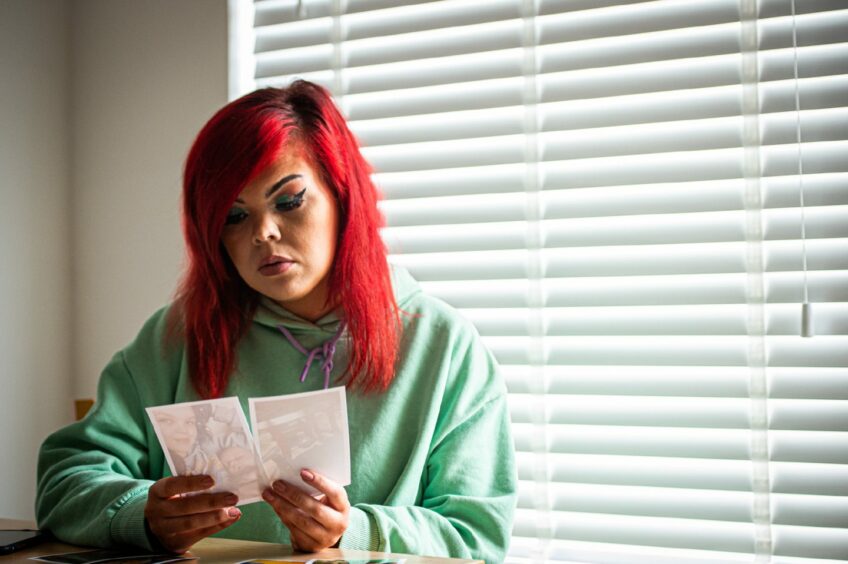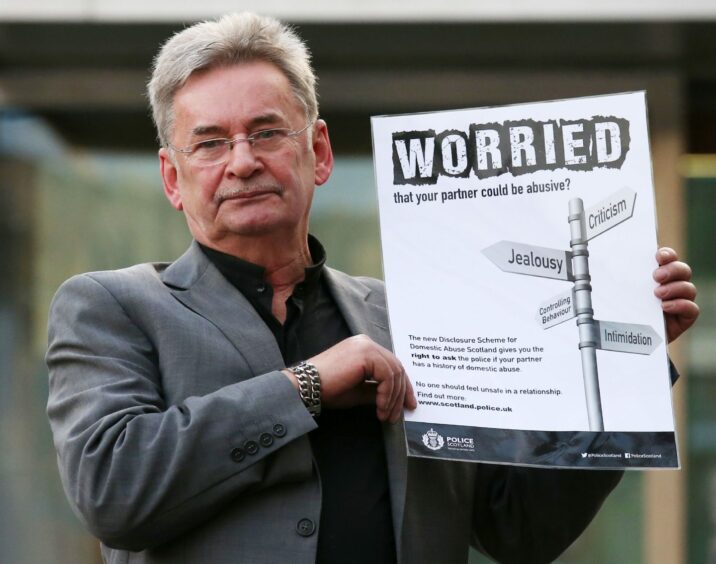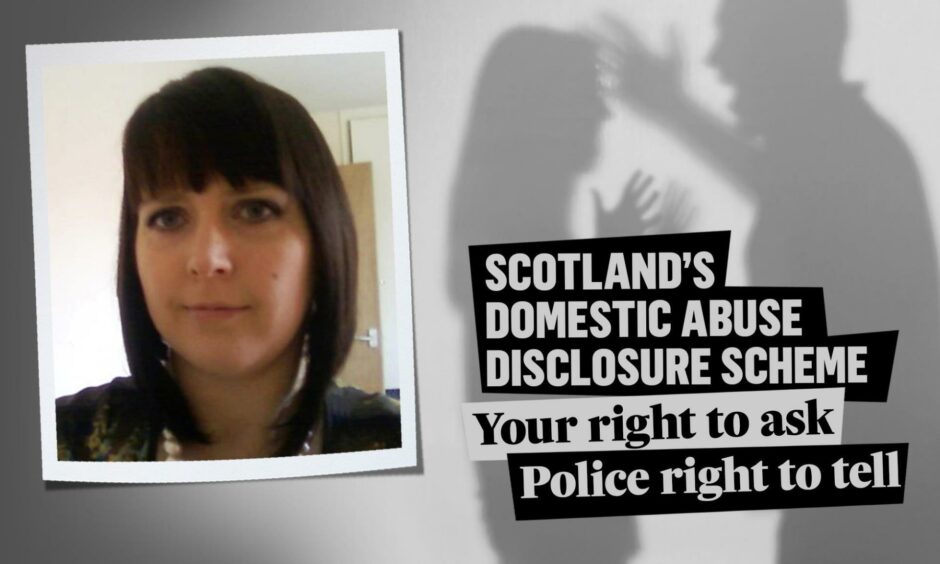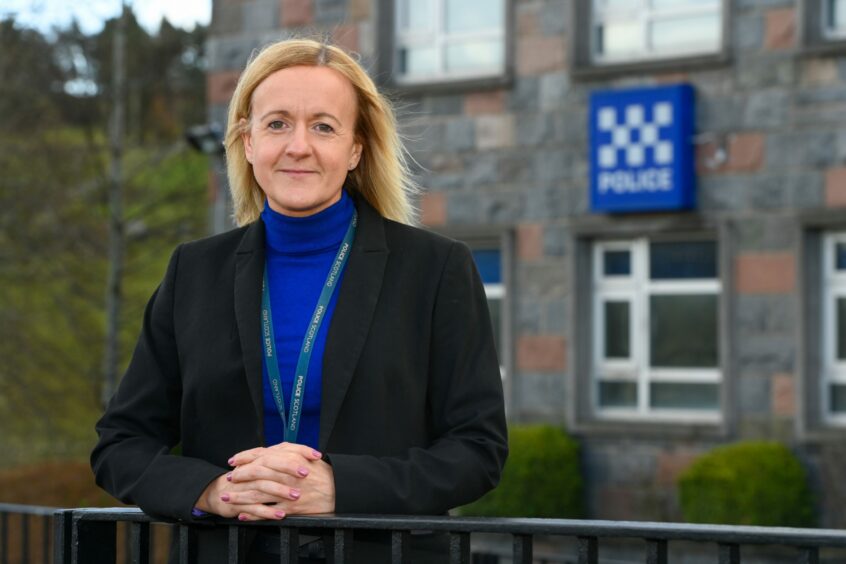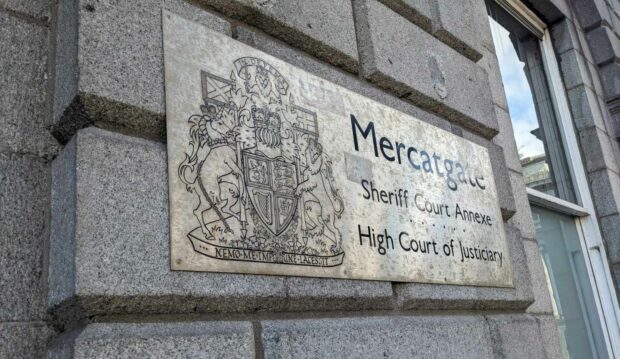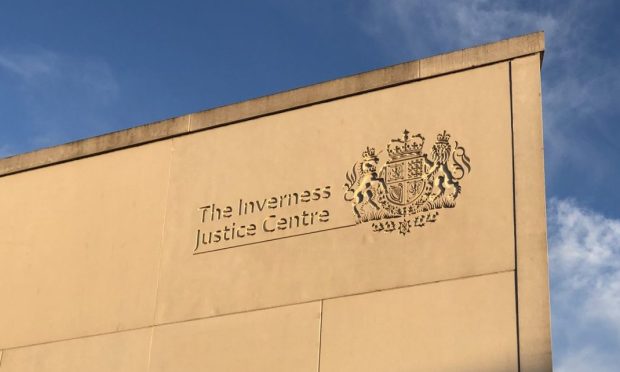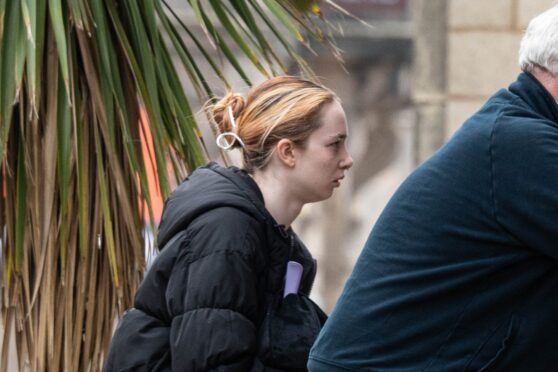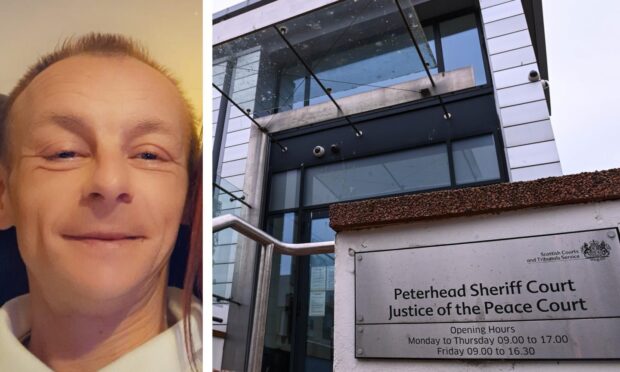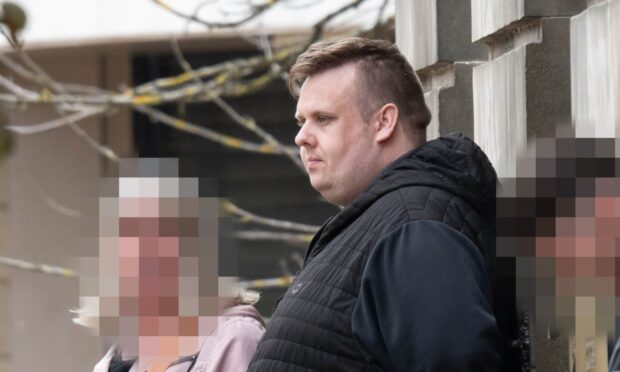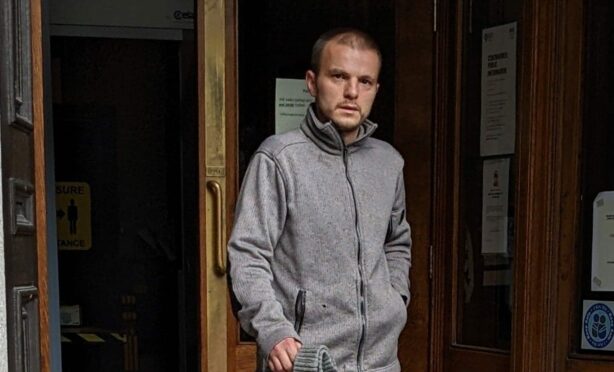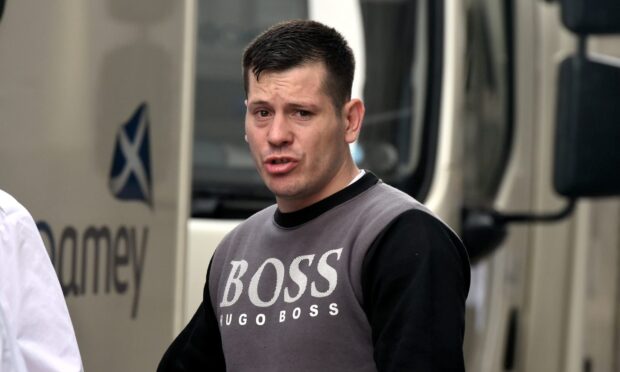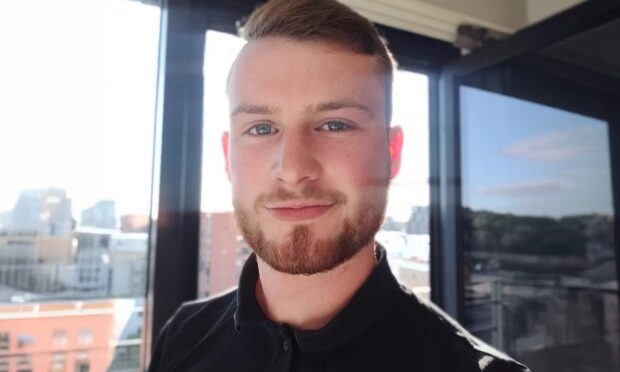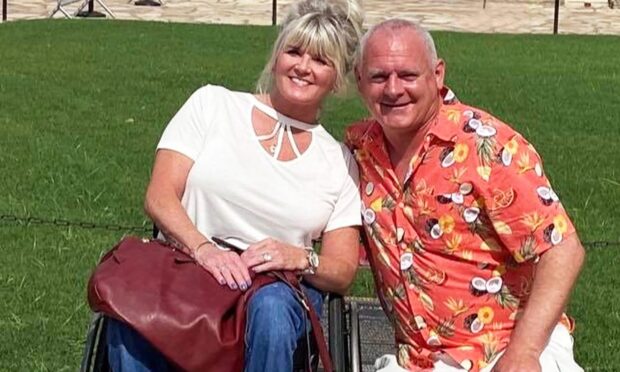A north-east survivor of domestic abuse has told of her relief now that her abuser’s conviction is logged and available to anyone who asks about it through Clare’s Law.
Although she is suffering traumatic flashbacks of physical, verbal and coercive control, Cloe McRae spoke out about her abuse in the hope it will urge others to do the same.
Clare’s Law gives people the right to discover if their partner has a history of domestic abuse.
The 25-year-old says she’s been left “a mess” and trying to rebuild her life two years after her ex-partner was charged and sentenced for abusive behaviour.
She told us she was initially “love bombed” but wound up being coercively controlled and verbally abused.
It wasn’t after the mum-of-one gave birth to their baby boy that she realised she had “found someone she loved enough to speak up for” and so contacted the police.
“I was never a happy person but when I had the bairn I had a sense of purpose, someone I loved and someone who loved me, unconditionally,” she said.
“But I think he found that threatening as the abuse got worse.”
‘Made me feel worthless’
Looking back she knows that being told when and who she could chat to over video call or text was controlling behaviour.
“But he made me believe he loved me and he felt so lucky to have me in his life,” she said. “He made me think nobody else would want me and that I was worthless.”
Throughout their relationship, Cloe’s mum told her to “get out before it’s too late” and a friend even took notes each time she noticed signs of her being mistreated.
“I did get him charged so the next woman, if they do know about Clare’s Law, can ask and they’ll be told he has that conviction,” she said.
“I didn’t know anything about Clare’s Law at the time.”
What is Clare’s Law?
The Disclosure Scheme for Domestic Abuse Scotland – also known as Clare’s Law – was tested for six months in the Granite City and Ayrshire in 2014 before it was rolled out country-wide.
The law, which originated in England, was named after Clare Wood, 36, who was murdered by her ex-boyfriend George Appleton in Salford in 2009.
It transpired Appleton had been jailed in 2001 for domestic offending.
Scheme was piloted in Aberdeen
Clare’s late father, Michael Brown, campaigned for people to have the right to ask for information about partners and for the police and other agencies to have the power to take the initiative and tell someone if there were grounds for concern.
Right to ask
- Any person has a “right to ask” by applying to police for information about an individual.
- This application does not have to be from someone suspicious of their partner – it could be from a parent, relative, neighbour or friend in confidence.
- An application is made by contacting police on 101, going to a police station or visiting a dedicated section on Police Scotland’s website to fill out a form.
- A face-to-face disclosure will be made if a history of domestic abuse is identified.
- This can be anything from a conviction to any concerns police feel are relevant and proportionate.
Power to tell
- Police have the “power to tell” if they receive intelligence about a person potentially at risk.
- After appropriate checks, they can make a disclosure to safeguard that person.
- The person concerned will be given safety guidance and offered support by police, in conjunction with other agencies such as Women’s Aid and Barnardo’s.
- Disclosures will only be made about partners who have a history of domestic abuse offending and not for any other crimes – for instance violence without a domestic element.
Use of scheme on the rise
More than 1,500 people across the north of Scotland used the scheme to ask about a partner’s history since Clare’s Law was rolled out in October 2015.
Of the 966 applications made in Aberdeen city and shire 519 were granted.
And in the same seven years, 369 of the 618 applications made to the Highlands and Islands division were upheld.
‘Victim safety is priority’
In Aberdeen, all reports of domestic abuse go directly to the Public Protection Unit, which is tasked with investigating and prosecuting perpetrators.
The unit’s Detective Inspector Lesley Clark said: “Once we have the report of a domestic incident we will then make contact with the victim and arrange to meet with him or her in a safe environment.
“We will take their statement and make sure a safety plan is in place. We keep them informed at the various stages of the investigation.
“Regardless of that outcome, there’s support available through our Partnership Coordination Unit.”
That unit works with third sector organisations and charities such as Grampian Womens’ Aid, Cyrenians, Barnardos and Search Light to ensure the right type of support is offered.
“It’s a huge thing for victims of domestic abuse to report it,” Lesley added. “I think a lot of people think reporting it is the biggest hurdle, but a lot of the time it’s what happens next that is.”
Looking to the future, Cloe says the support she’s received from Grampian Women’s Aid has helped her remain positive, start college and return to work.
“They were in touch with me within days of it being reported,” she said. “I had a million different people phoning me. Social work, Women’s Aid. Women’s Aid were fantastic.”
The disclosure form can be found on the Police Scotland website here.

